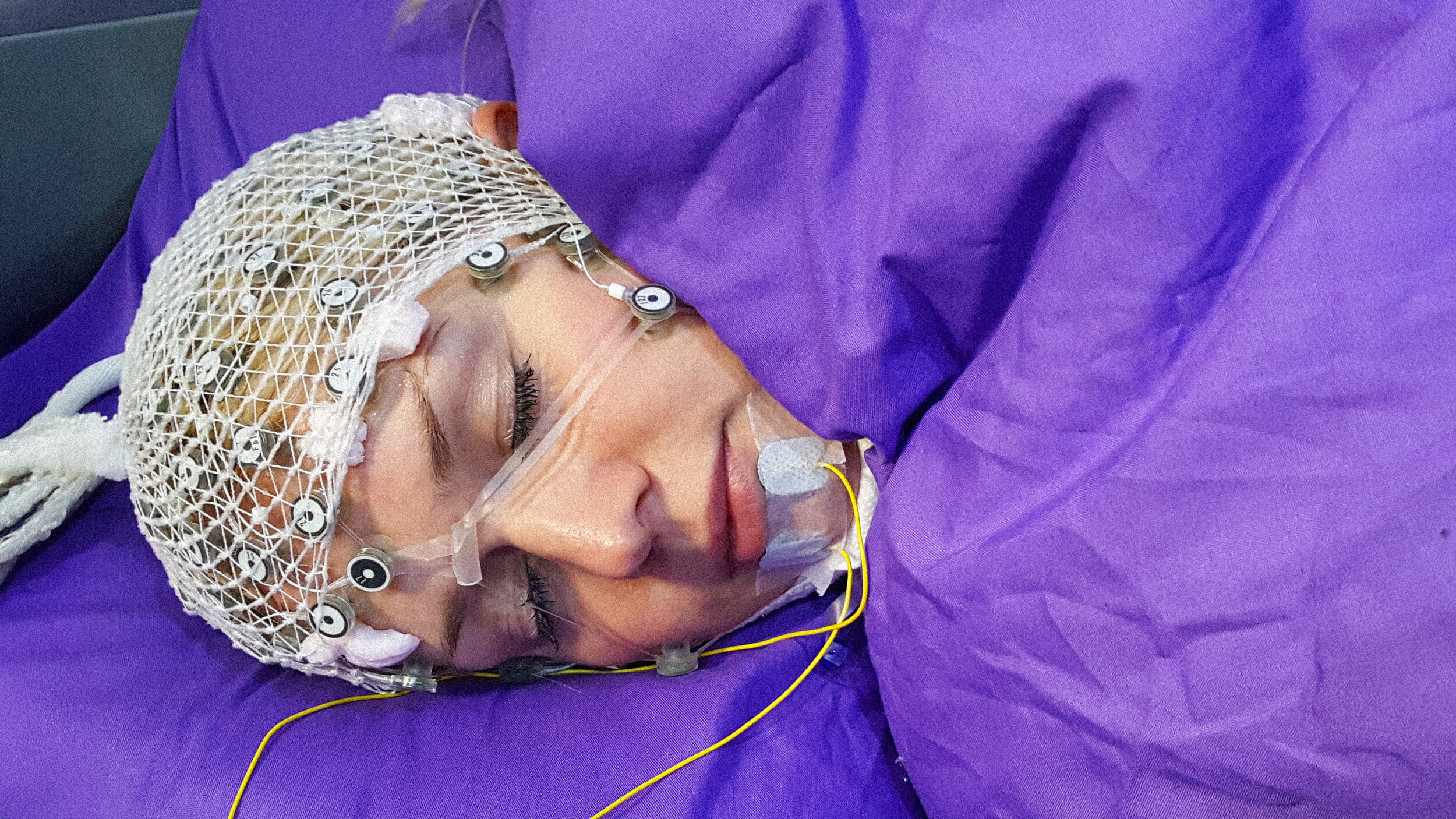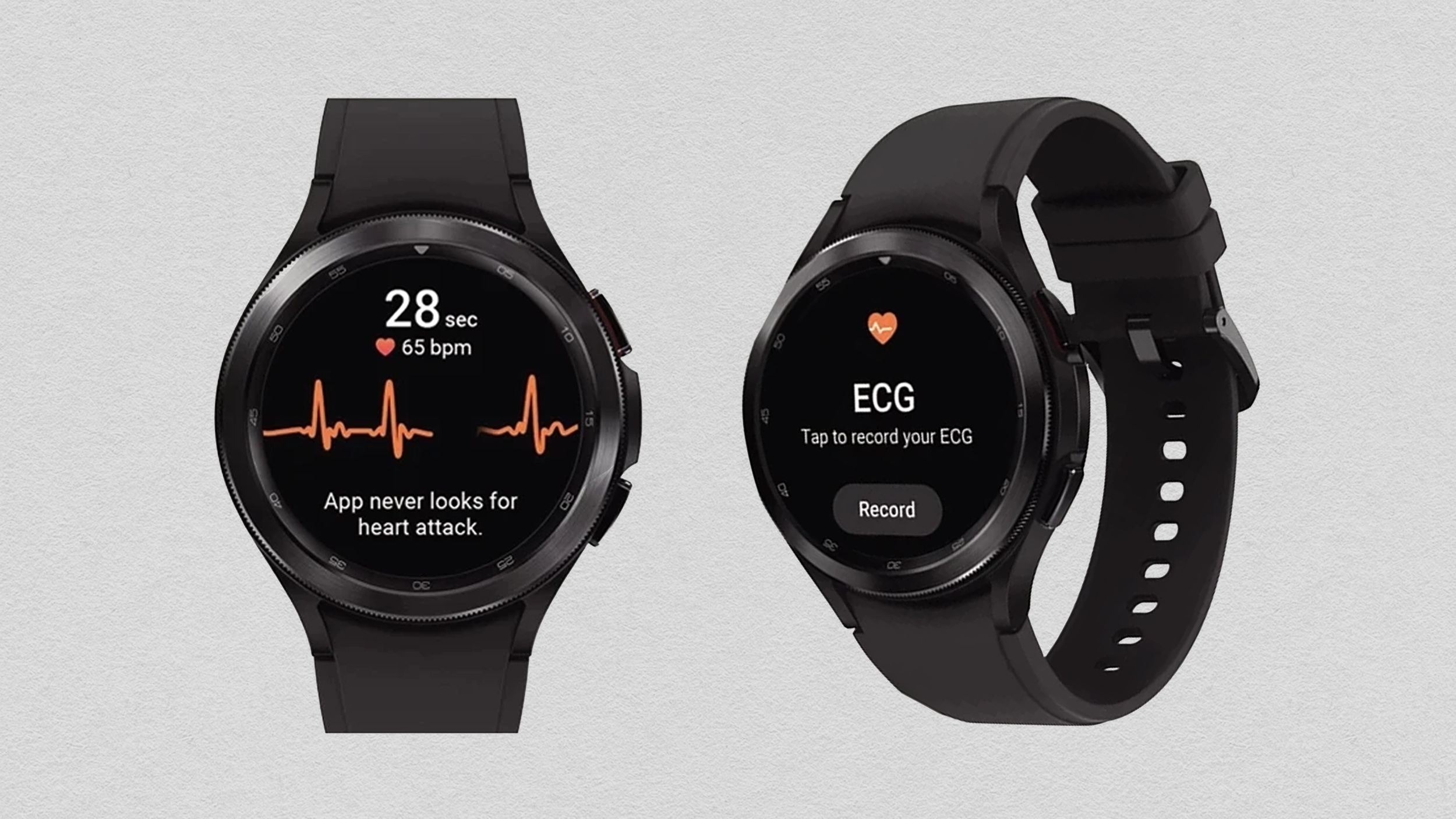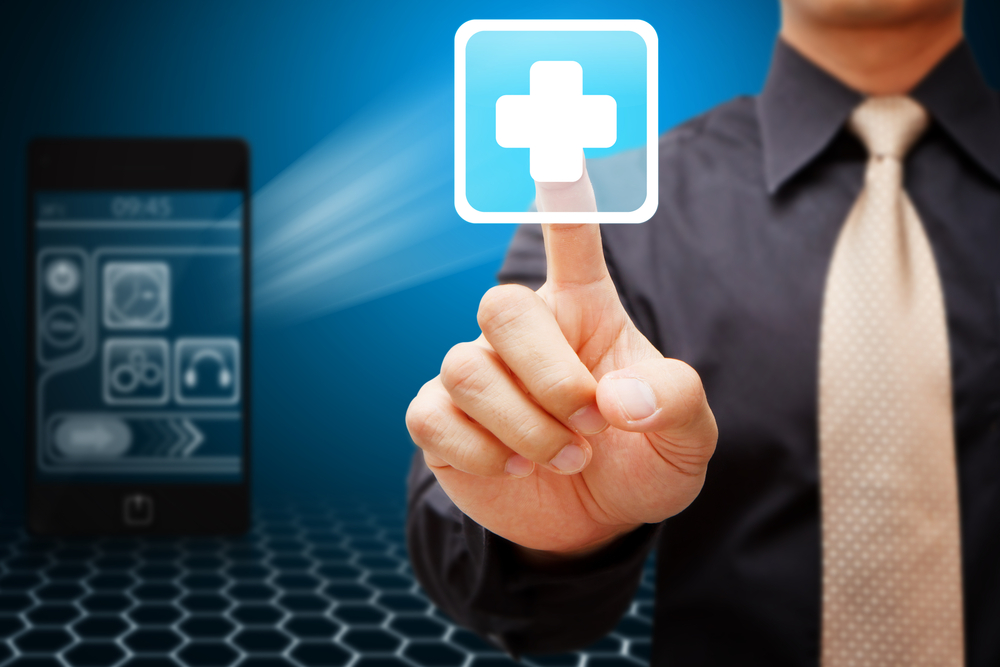M-Health: The Mobile Health Care Revolution

What’s the Latest Development?
A pilot program in Massachusetts has successfully used body sensors linked to mobile devices to help treat patients of stress-related disorders or individuals fighting a drug addiction. Sensors like ankle, wrist and chest bands can now detect changes in stress levels and come equipped with medical algorithms “capable of crunching data from those sensors to detect patterns that suggest an emerging anxiety attack or drug craving.” When patients’ phones receive signs of stress from the sensors, the phones ask the patients if they are OK.
What’s the Big Idea?
The emergence of mobile technology in health care, often referred to as m-health or telemedicine, allows doctors and other medical professionals to monitor patients from afar. The technology represents a way to extend the reach of various treatments, which will work to change how we think of health care in general. Dr. John Halamka, chief information officer for Beth Israel Deaconess Medical Center said: “The notion of health care reform is we’re going to be paid for keeping people well, as opposed to treating them while they’re sick.”
Photo credit: shutterstock.com





